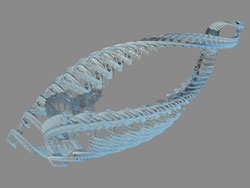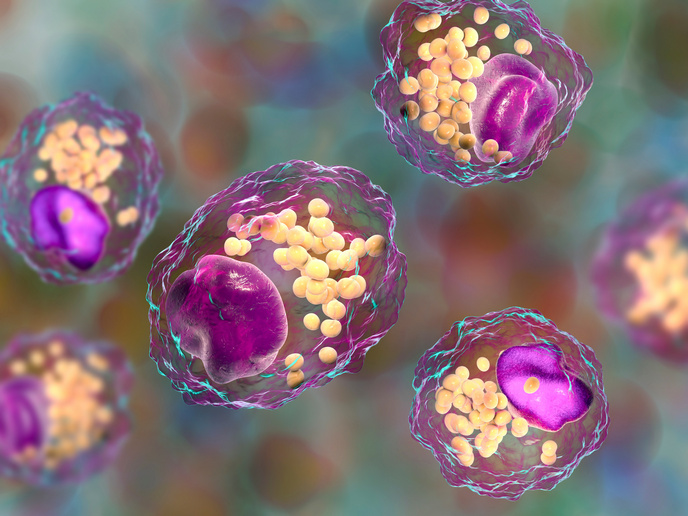Ancient microbes reveal secrets of DNA copying
Archaea, literally means 'ancient things' in Greek. Genomic comparisons between these single-celled organisms and eukaryotes like ourselves have shown homologous proteins and DNA replication mechanisms in these two domains of life. Therefore, Archea can be used as a simplified model of eukaryotes and can also help understand how eukaryotic DNA replication has originated during evolution. The European backed project REPBIOTECH investigated the biochemistry of DNA replication in the Archaea. The aim of the project team in Ifremer, France was to find out exactly how two polymerases, PabpolB and PabpolD, carry out their functions. Using techniques including gel shift competition assays that evaluated the specificity of the nucleic acid-protein binding, they determined the function of these two molecules in replication. The scientists worked on Pyrococcus abyssi isolated from hydrothermal fluid. These microbes are remarkable in that they are able to function biochemically at temperatures way in excess of most enzymes - up to a scorching 100°C. They found that both replicative enzymes were exclusively polymerases, unlike some of their bacterial counterparts. Results generally inferred that the Archaea require two polymerases to make the DNA copy at the replication fork. In another strand to their research, the team investigated the possibility of using the DNA polymerases as molecular biology tools. PabpolB is already marketed under a brand name, Isis to amplify DNA using the polymerase chain reaction (PCR). Various amendments in operating conditions were made to improve both speed of the reaction and the fidelity of the copy. These included variations in pH, temperature and ionic strength. Another important molecule, the Pab proliferating cell nuclear antigen (PCNA) was found to be necessary for PabpolD function. They also found that a replication factor-PCNA complex increased the speed of action of PabpolB in vitro. Research using enzymes from this extremophilic organism has very promising applications in the fields of pharmacology and medicine. Understanding replication is the first step towards treating many diseases, including those that depend on faithful repair of DNA such as cancer and conditions associated with ageing. Moreover, to isolate enzymes that operate at high temperature has advantages during commercial production.







